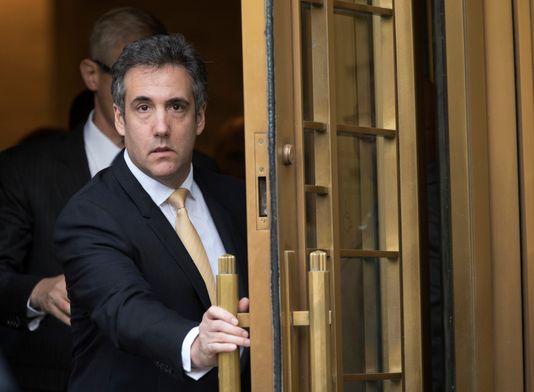Before Michael Cohen — President Trump’s former personal lawyer — pleaded guilty to a number of crimes, he admitted to lying to Congress about a Russian business deal out of loyalty to the president. It was also proven that Paul Manafort and Rick Gates, former senior campaign officials for Trump, had lied to Congress in an attempt to cover up financial fraud. George Papadopoulos, a former Trump aide, also lied to Congress because he wanted a promotion to an administration position in either the National Security Council or the Energy or State departments. Michael Flynn, a former national security adviser under Trump, also lied to Congress about his communication with a Russian official for reasons unknown. For all of the officials — and others who aren’t named — being dishonest was not unethical because they viewed their actions as justified for a plethora of reasons. The increasing trend of lying is an obvious concern with regards to the Trump administration as it could lead to an impeachment. However, campaign dishonesty also reflects a shift in American culture, where things that were previously deemed as immoral are now the norm.
The current presidential approval rating, according to FiveThirtyEight, is 42.3 percent, which is not drastically different than the approval ratings of past presidents at this point in their presidency. Among Republicans, Trump’s approval rating is strikingly higher at 89 percent, according to Gallup. While these percentages are not representative of either all Americans or all members of the Republican party, they do demonstrate that a great portion of Americans and the vast majority of Republicans still like what the president is doing. And there are obviously many factors — ranging from immigration policy to taxes — that affect a president’s approval ratings, many of which are partisan. As a result, the disparity between approval ratings makes sense.
Lying, however, is not a partisan issue. With the number of former Trump campaign employees who have admitted to lying to Congress, it would be expected that most Americans would begin to see the problems with the president. During the Watergate scandal, for example, President Nixon’s approval rating took an enormous plunge and was 24 percent when he ultimately resigned, according to Gallup. Regardless of political party, Americans believed that Nixon’s actions were morally wrong and thus chose not to support him. With the current political climate, however, morality is defined differently. Red flags that would have alerted Americans in the past no longer do.
I am in no way saying that there is no action occurring. Special counsel Robert Mueller has led an 18-month investigation into Russian interference in the 2016 U.S. presidential election and has made enormous leaps against the Trump administration. Although Trump may pardon these former aides and advisers, we can still assume that the law will penalize those who have broken it. American voters, however, may not.
With President Trump, things that were previously considered wrong have become normal and this can be seen in multiple places. There was a reason, for example, why the Charlottesville protest occurred after Trump had become president; he gave white supremacists a platform. Furthermore, there has been an increase in hate crimes against minorities, which can be attributed to Trump’s stances on minority rights. Thus, it should not be surprising that there is so much lying within the Trump administration. What is surprising, however, is the public’s reaction toward the news. Regardless of political party, Americans should see the dangers in what is happening with special counsel Mueller’s investigation and be appalled.




